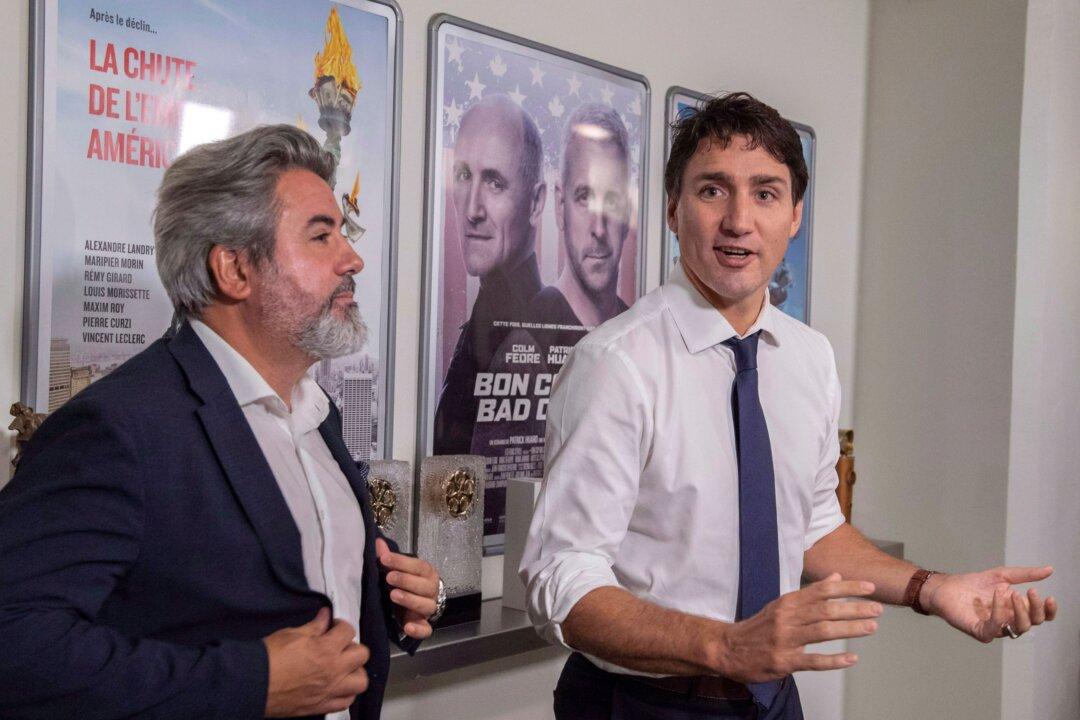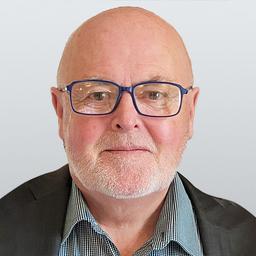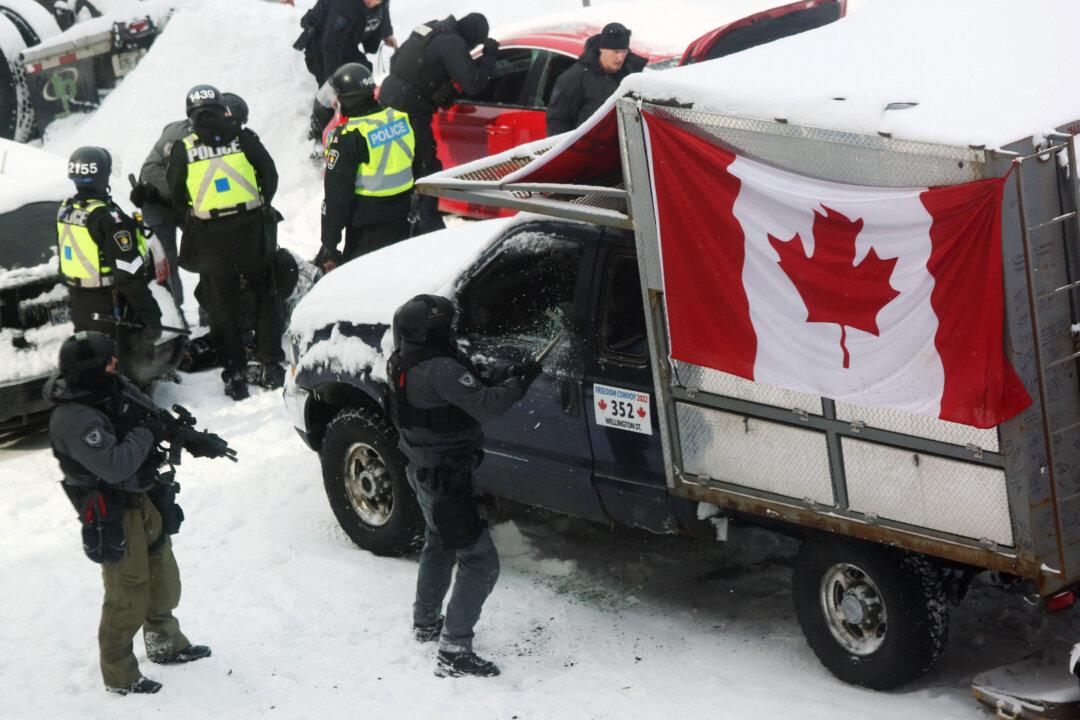Commentary
Canada’s war on the core liberties of its citizens—their freedom to think what they want, believe in what they want, and express themselves accordingly—is about to escalate in ways that just a few years ago no one would have thought possible.
First up is news that Prime Minister Justin Trudeau’s government is confirming its commitment to escalating online censorship by creating a “Digital Safety Commissioner” with the power to order platforms such as Twitter and Facebook to take down legal content it deems “harmful” or otherwise offends its sensibilities.
Long delayed as Heritage Minister Pablo Rodriguez worked to pass his Online Streaming Act (Bill C-11) and Online News Act (Bill C-18), there was some hope that the third phase of this crackdown on a free and open internet might have stalled.
But, according to Blacklock’s Reporter, Liberal MPs were informed in a letter from cabinet that Rodriguez remains determined to target speech the prime minister has described as “destabilizing for democracy.”
When the concept was initially rolled out, Twitter compared it to internet censorship regimes in totalitarian countries such as China, North Korea, and Iran.
Microsoft pointed to “disproportionate impacts on freedom of expression and other fundamental rights” while the Citizen Lab at the University of Toronto warned that “the proposals fail to account for the importance of protecting the kinds of expression that are most central to a free and democratic society,” including political dissent.
Unbowed, the government appears determined to shrug off the shackles of civil liberties and seize control of the internet. According to the Globe and Mail, this same Online Harms bill could impose an age-verification requirement in order for people to access online adult entertainment.
No longer satisfied to leave the curation of content available to minors up to their parents (numerous options are available), the government could soon demand proof of age via facial recognition or credit card.
“The right to be anonymous online is a constitutionally protected privacy right in Canada,” stated lawyer and privacy expert David Fraser in a tweet. “I can’t see how mandatory, reliable age verification can be accomplished without infringing that Charter right.”
University of Ottawa law professor and Canada research chair in internet law Dr. Michael Geist also warned of “serious concerns about privacy” and the “slide towards website blocking.”
This fast and loose attitude towards civil rights in Canada continues to spread—and all through the guise of redefined understanding of one word: safety. Until now, society has understood that the line one could not cross involved speech that called for or created physical harm to others. Shouting “fire!” in a crowded theatre, for instance, or calling for beatings or worse to be imposed on one’s ideological foes.
The woke left has seized this concept so that today, their arguments expand the definition of safety to include emotional and moral protection in order to impose a neo-puritanism that demands conformity of thought, speech, and action.
Beyond Ottawa’s obsession with controlling online discourse, as outlined recently this oppressive tactic has been adopted by some municipal leaders in order to curate protests based on their preferences. To Calgary Mayor Jyoti Gondek, for example, a performer at a Drag Queen Storytime event for children deserves a different level of protection than does, say, Jordan Peterson, regardless of the fact that both have no doubt felt threatened from time to time.
Now, the Ontario NDP is looking to adopt Gondek’s identity hierarchy at the provincial level.
Dismissing the principle that in a democratic society, all people are equal under the law, Ontario MPP Kristyn Wong-Tam put forward a private members bill this week that would impose a Gondek-style 100-metre zone around drag show venues. Specifically, Wong Tam’s law would allow the attorney general to temporarily designate addresses where drag artists are performing as “community safety zones” within which anything deemed to constitute anti-LGBTQ harassment, intimidation, or “hate” would result in a $25,000 fine. (Calgary’s bylaw threatens one year in jail and/or a maximum $10,000 fine.)
Given that all of those behaviours are already against the law, it’s clear Wong-Tam’s legislation is working on establishing a much lower conviction bar, the purpose of which is to control speech in the presence of one class of citizens and establish for them the right to a set of protections unavailable to other members of society.
We all aspire to a world in which we can believe in what we want, pray to whatever god we want, believe what we want, express those beliefs, and not feel that when doing so civilly we need to fear for our safety. That goes for everyone.
But what really makes society feel “unsafe” is that it doesn’t even cross the minds of the politicians passing these laws that what is truly frightening—the threat that really sends chills down spines and threatens democracy—is the looming reality that standing outside a library with a placard expressing a religious belief could get you jailed. Or that what we say online and watch will be monitored and corrected by a Digital Big Brother serving at the pleasure of the prime minister.





